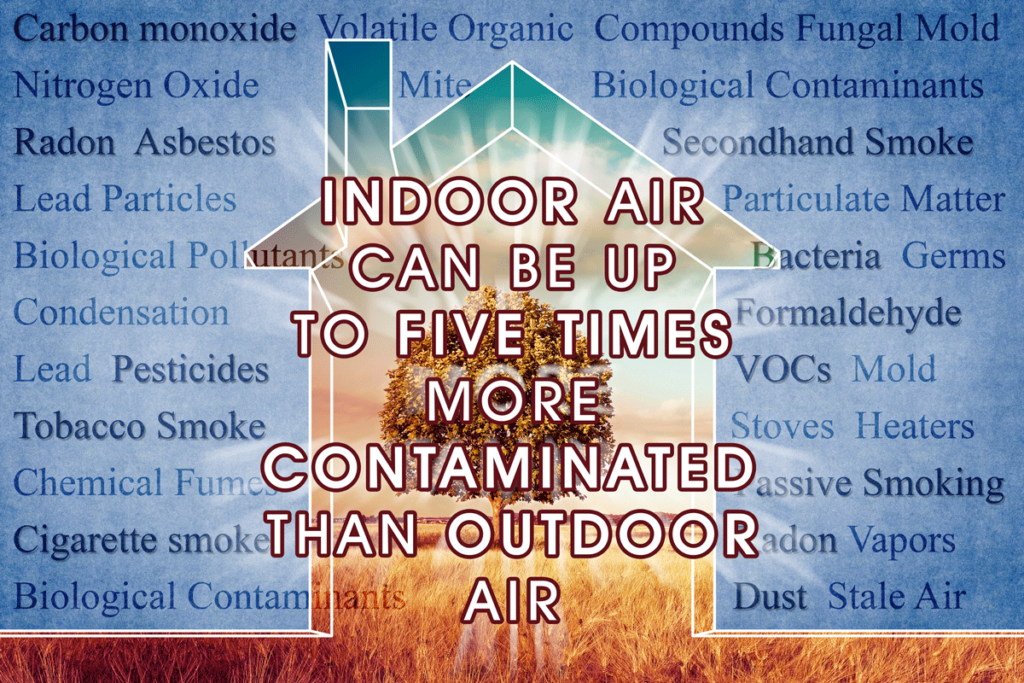Your home’s indoor air quality (IAQ) is essential to your overall comfort. Did you know that some indoor pollutants can be found in concentrations two and five times higher than outside? Don’t assume that this is a winter problem, either. Spring, summer, or fall weather conditions can also adversely affect indoor air. Luckily, Ernst Heating & Cooling of Hamel, IL, has indoor air quality solutions. Are you curious about how the weather affects your IAQ? Read on.
What happens to our indoor air quality during the spring and summer?
When winter releases its grip on the Midwest, we often rush to open our windows and let in the fresh air. After all, we’ve been hibernating for the past several months. Won’t the outdoor air be better? Maybe not. Warmer temperatures bring their own set of pollutants and irritants that can sneak in through those open windows and doors:
- Pollen helps our flowers bloom, and vegetables grow in the warmer months. It also tries to tickle our noses and play with our sinuses, especially if we are prone to seasonal allergies.
- Mold likes to grow in warm temperatures and moist conditions. If your home is humid in the summer, you may be setting it up for a moldy invasion.
- Outdoor pollutants can accumulate in the summer, especially during those weeks when the air is stagnant and nothing seems to be moving. Even if you’re running your A/C and shut doors and windows, the pollution can still find its way indoors.
- Brushfires can send their airborne particles and pollutants across the country.
How does the cold affect our indoor air quality?
Just as a warm spring day entices us to open our doors and windows, the Midwest cold compels us to keep everything shut. That means you’re cooking, cleaning, running water, burning candles, or grooming your pet inside, giving the pollutants and allergens a chance to build up. The very nature of cold air means pollution can become trapped at our level. In the summer, warm air rises and lifts some of the pollution away from our living spaces. In the winter, though, that air acts like a lid.
How can you clear the indoor air in any weather?
Your home’s HVAC system includes an air filter that grabs certain bigger pollutants like dust and debris before they have a chance to circulate around your home. Replace it according to the manufacturer’s guidelines to get a jump on indoor air pollution. But a simple air filter may not be enough. For the cleanest indoor air, consider an air filtration system. Depending on which model you choose, you can conquer irritating pollutants like dust, dirt, pollen, allergens, mold spores, and bacteria. Don’t forget about humidity, either. Ernst Heating & Cooling also has solutions to help combat the summer mugginess and the parched winter dryness.
If you’re ready to talk about indoor air quality, Ernst Heating & Cooling has your answers. To find out more about which indoor air quality solution is right for your home and your family, call Ernst Heating & Cooling at 618.217.1836 or schedule an appointment online now.


